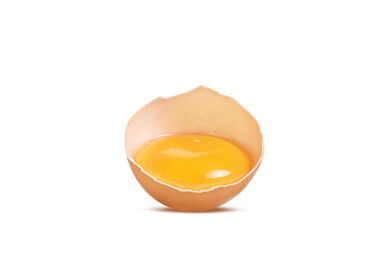500% rise in China’s grain imports
China has reported a 500% increase in grain imports from last year, hitting a record high in March, customs data from Beijing revealed.
According to the data released grain imports reached 1.64m tonnes, up sixfold from a year earlier, the highest increase since Chinese customs started reporting aggregate grain imports in 2006. and 50% from the previous month.
China has to feed a fifth of the world’s population with only 8% of the world’s arable land, and does not grow genetically modified grains. As rising incomes and more meat-heavy diets boost grain demand, China’s reliance on imports has slowly increased.
Big corn purchases likely contributed to the jump in March grain imports, said traders. The grain category includes corn, wheat, rice and barley. Specific data for each will be released toward the end of this month.
China accounts for about 20% of the world’s corn consumption and only 4% of global corn trade, but its sudden increase in corn buying has greatly tightened the global market. China’s corn imports in January and February this year totalled 1.26m tonnes, four hundred times more than the same period last year.
China’s domestic corn prices are among the highest in the world, and during January and February commercial firms were taking advantage of the arbitrage between Chinese and US corn prices to import corn at a profit. However the arbitrage window has now closed and traders say that could damp corn imports in coming months.
Analyst Ma Wenfeng at Beijing Orient Agribusiness said he expects China’s grain imports to grow. He forecasts corn imports will hit 7m tonnes this calendar year, and wheat between 1.5m to 2m tonnes.
"The key thing is the price," said Mr Ma. "Right now China’s corn prices are incredibly high. . . if [state owned commodity trading house] Cofco can make money then it will import."
Others pointed out that mould and mildew had damaged some stored corn last year, contributing to tight domestic corn market. "Production [of corn] has increased significantly in China, but safe and secure storage have not grown in conjunction," said Rabobank analyst Daron Hoffman.
Wheat imports have also soared, thanks in part to demand for high-protein wheats used in specialty breads. China’s wheat imports in January and February were 580,000 tonnes, more than three times higher than the same period last year.











